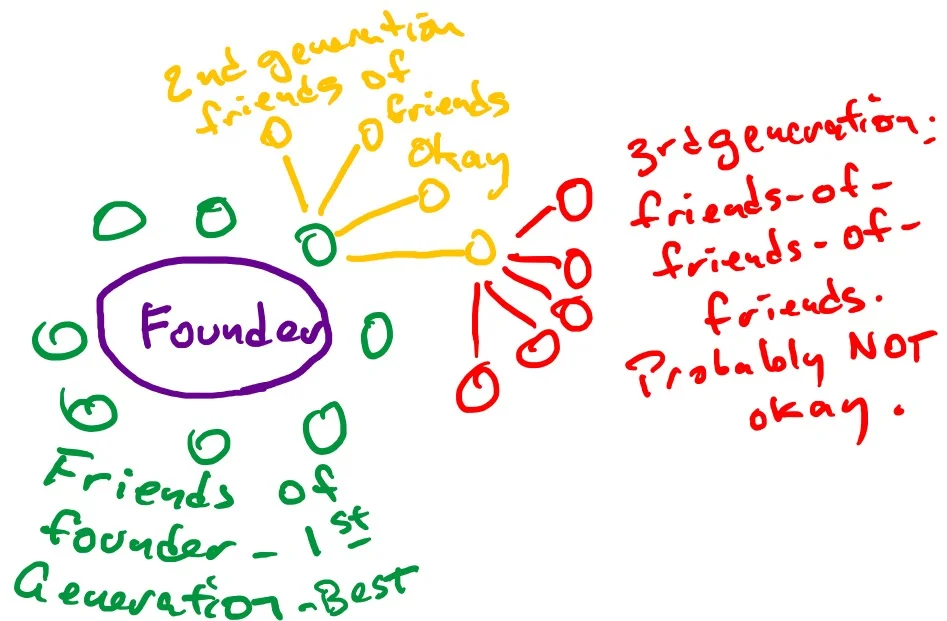Character, Personality and Trust
Who do you trust?
That's an important question in savings groups. Often members will answer it by saying they trust people with a "good character". They are talking about characteristics of a person that go beyond what we can find on their ID card. The ID card can tell us how they look and how old they are and where they live. Character, on the other hand, is a windows that looks deeper into the person, that tells us who they really are, and whether or not we want to spend time with them.
Character is sometimes used interchangably with personality but there is an important difference. Susan Cain (In Quiet: The Power of Introverts in a World that Can’t Stop Talking) said that back when we humans all lived in villages, we saw the same people every day for all our life. We saw them at work and at play, in the market, and in the church or the mosque. And in those settings, we came to know people’s character. We knew what we could expect from them: who was honest or not so much, who was a reliable spouse, who was a loving parent or a mean one, who was hard-working and who was lazy, who drank too much or always abstained, who was always late or always on time, and so on. These characteristics made up people’s character, and character allowed us to make good judgements about how and when to trust them.
Then as we moved from villages to the cities, we came in contact with many more people. Instead of seeing the same few people all the time, we started meeting dozens and hundreds of new people. We didn’t have time to learn about their character; all we could see was what they chose to show us. We could tell if they were outgoing or shy, if they spoke optimistically or pessimistically, if they were forthcoming or closed. But these are behaviors that are under their control; we didn't know what they were really like. In short, we knew not their character, but their personality.
Part of living is having to make decisions about people. Do I want to live next to these folks? Do I want to work for that person? Do I want to hire them? Can I trust them? It's not hard to do that if you know their character; it's much harder if all you have to go on is their personality.
Character is largely permanent and mostly reliable. That is, if we have seen someone behave a certain way all their lives, it is reasonably likely that they will continue to behave that way in the future. When we know someone’s character, we find that our judgements of them are generally reliable. In the village, it’s hard to lie about who we really are.
Judgements based on personality, on the other hand, are more risky because people are always creating their personality. People put on their best face, try to make themselves look good, and try to be likable. They try to figure out what we are looking for, and then they give us that.
And this brings us to Savings Groups. Savings groups are based on mutual trust, which is why they may work better in villages than they do in towns and cities. The more you know someone’s character, the more you can trust them, and in cities, very often, people don’t know each other that well. Relying on personality is risky business.
One strategy around this problem is relying on someone of good character to tell us who has good character.
A few times when I have visited savings groups, I have polled the (very patient!) members to ask them one by one how they came to join. Based on my small sample, there is usually one person who invites most of the members, but the people she invites sometimes invite their own friends, people they will vouch for. The endorsement of someone whose character I trust goes a long way to building my trust in them.
I’m guessing here, but I think that one generation of friends away is probably okay, but more than that is risky. That is, if I know someone well, I might trust their friends to be in the group with me. But I won’t trust the friends-of-their-friends. That is asking too much blind trust.
But then what happens in Savings Groups is that after a few months together, in the crucible of saving and lending and supporting each other and solving problems together, members who were strangers at the beginning get to see who the other members really are - they learn their character. And that, I think, is one of the great things about savings groups.



